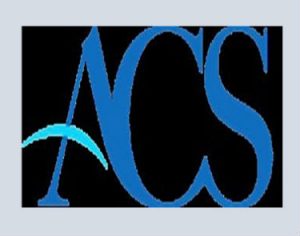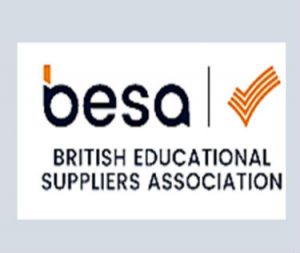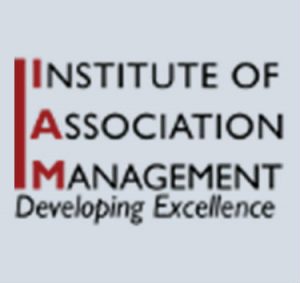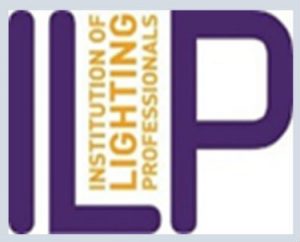
ACS has welcomed Local Government Minister Marcus Jones’ intervention to speed up the process of rebilling businesses that are waiting for rate relief.
In a Commons statement, he said: “The Government has been consistently clear that it expects local authorities to make rapid progress in helping business by implementing these relief schemes.
“Overall, however, despite various examples of good practice, the pace of providing relief to ratepayers has not been acceptable. I have written today to those authorities that have not fully implemented all three schemes asking them to rebill businesses that are set to benefit from relief as soon as possible.”
Mr Jones added that he will be publishing a list of authorities that have rebilled businesses who have been affected by each of the three relief schemes next month.
The schemes include a £300m fund for local authorities to give to hard-pressed businesses facing higher bills and funds that limit annual increases to £600 for those losing either small business or rural rate relief.
ACS chief executive James Lowman said: “Business rates are one of the biggest fixed costs for thousands of local shops and other small businesses, with one in three convenience stores forced to deal with an increase in their rates bills as a result of the revaluation. We welcome the Minister’s intervention on this issue, and hope that it can be resolved swiftly so that businesses can receive the relief that they’re entitled to.”
The Government had previously set a deadline of September this year to have new bills with business that had been affected.
The full written statement from Marcus Jones MP is available here: https://www.theyworkforyou.com/wms/?id=2017-09-14.HCWS140.h









